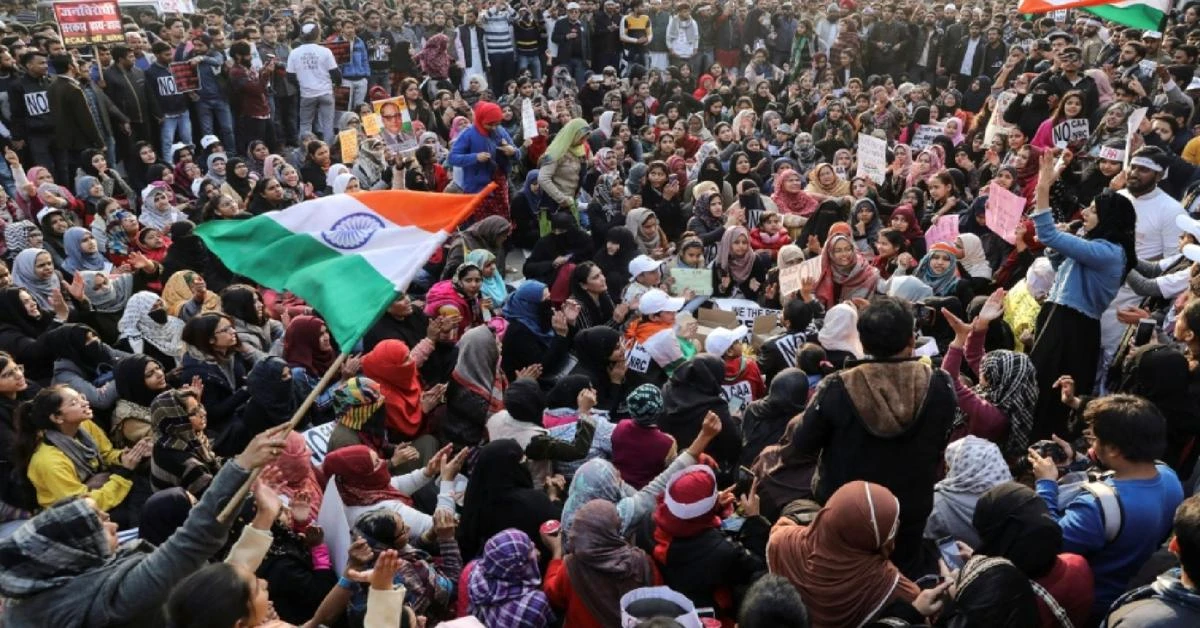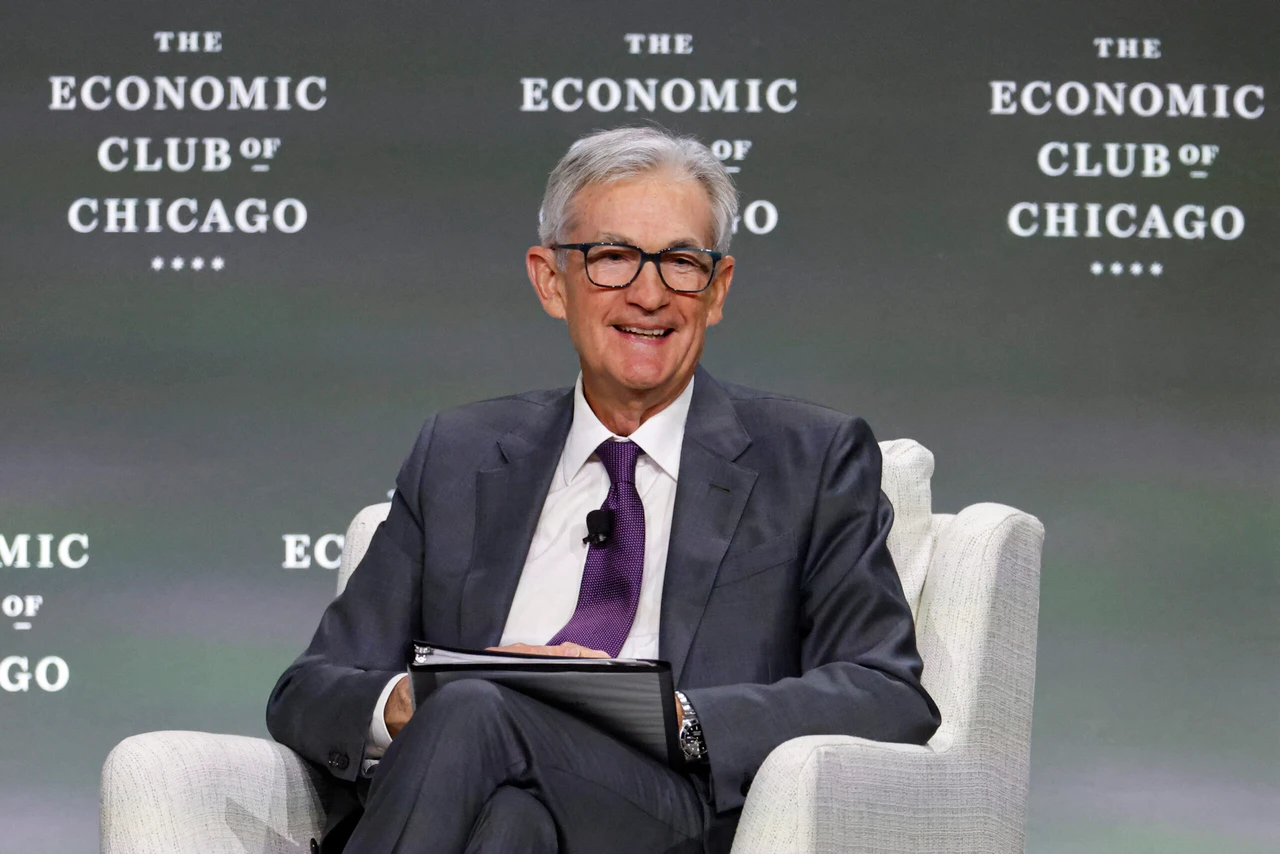India protests Modi’s anti-Muslim migration laws

Opposition claims that the announcement was made to create division just before India’s upcoming general election
Indian Prime Minister Narendra Modi’s government has taken steps to enforce a controversial citizenship law that has faced criticism for its perceived bias against Muslims, four years after it was approved by parliament.
The Citizenship Amendment Act (CAA), which the government led by the Hindu nationalist party describes as “pro-refugee,” was implemented shortly before the 2024 general elections, during which Modi is aiming for an unprecedented third consecutive term as the head of the government.
This legislation enables refugees from Pakistan, Bangladesh and Afghanistan who entered India before December 31, 2014, to apply for Indian citizenship, but only if they belong to minority religious communities in these predominantly Muslim countries.
An announcement from the Indian home ministry confirming the enforcement of the law has reignited protests in Assam and Delhi by opponents who argue that the law is discriminatory against Muslims.
India saw widespread protests and demonstrations following the passage of the law in 2019, resulting in fatalities and arrests.
In response to the backlash, the government cited the need for time to establish the regulations, with additional delays attributed to the COVID-19 pandemic.
Critics of the law contend that it violates India’s secular constitution and express concerns that when combined with a proposed nationwide National Register of Citizens (NRC), it could lead to marginalization of the 200 million Muslims residing in India, particularly in border regions.
Numerous reports have highlighted an increase in hate crimes against Muslims since the BJP assumed power in 2014, with detractors accusing Modi of inadequately addressing such incidents.
Implementing the CAA was a significant pledge in the Bharatiya Janata Party (BJP)’s manifesto before the previous general elections in 2019.
“This will enable the persecuted to seek citizenship in India,” a spokesperson for the prime minister’s office stated.
The home ministry, in a statement, asserted that the law would eliminate legal obstacles to citizenship for refugees, offering a “respectable life” to those who have endured suffering for years
The statement from the home ministry addressed the misconceptions surrounding the law, emphasizing that it is intended for individuals who have faced persecution over an extended period and have no alternative refuge aside from India.
Home Minister Amit Shah commended Modi, stating that the prime minister had “fulfilled another commitment and honored the vision of the framers of our constitution for Hindus, Sikhs, Buddhists, Jains, Parsis and Christians residing in those countries.”
Source: Newsroom



